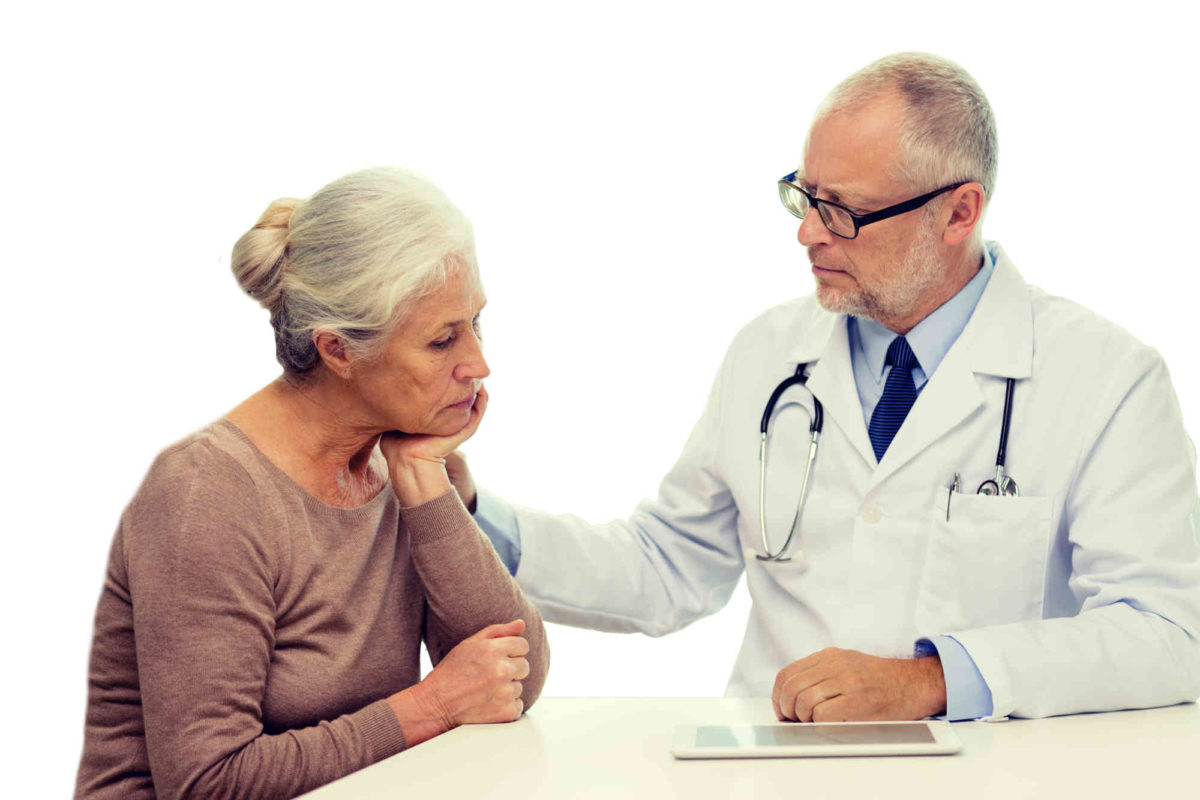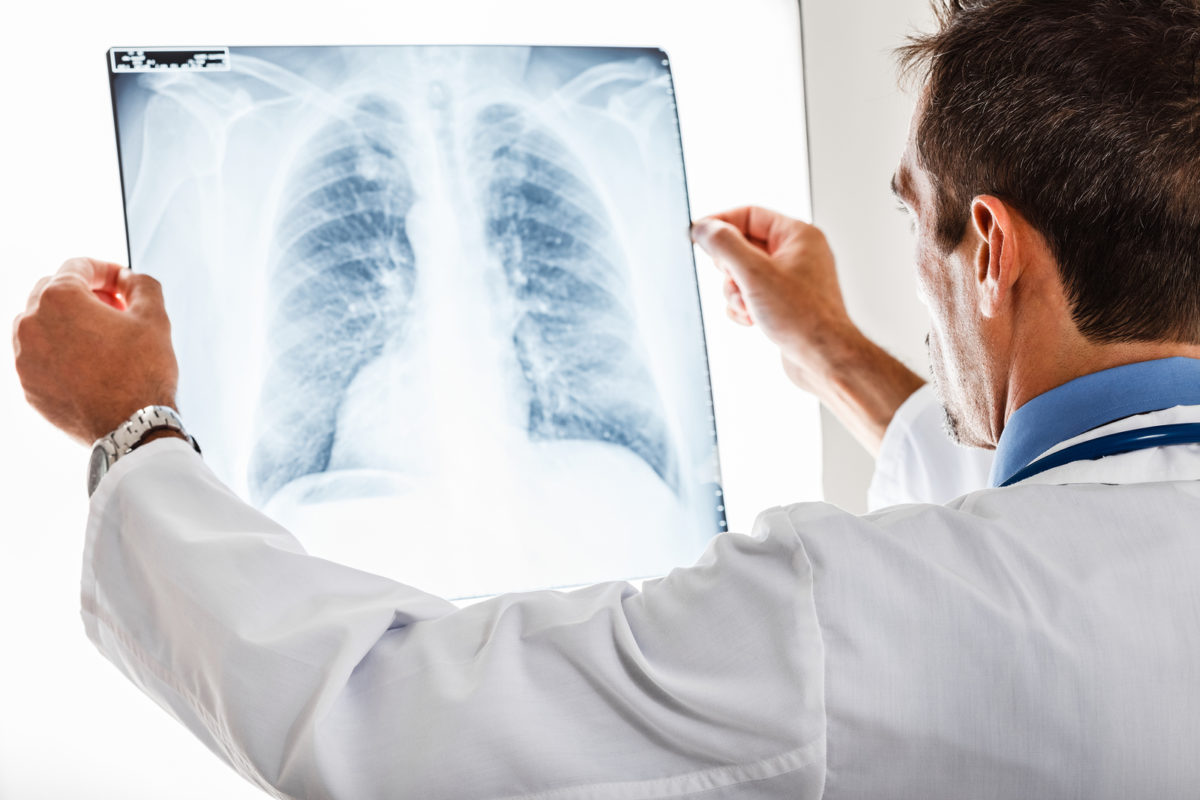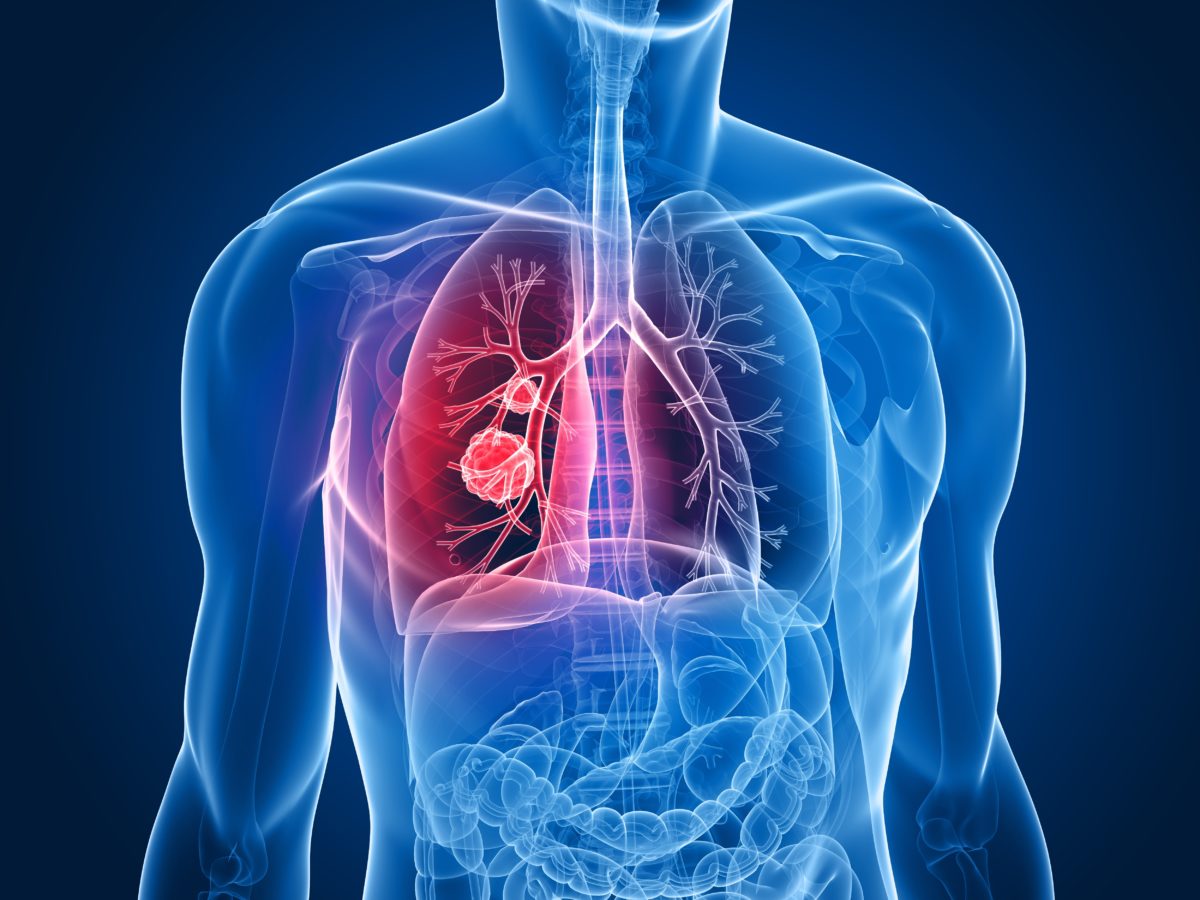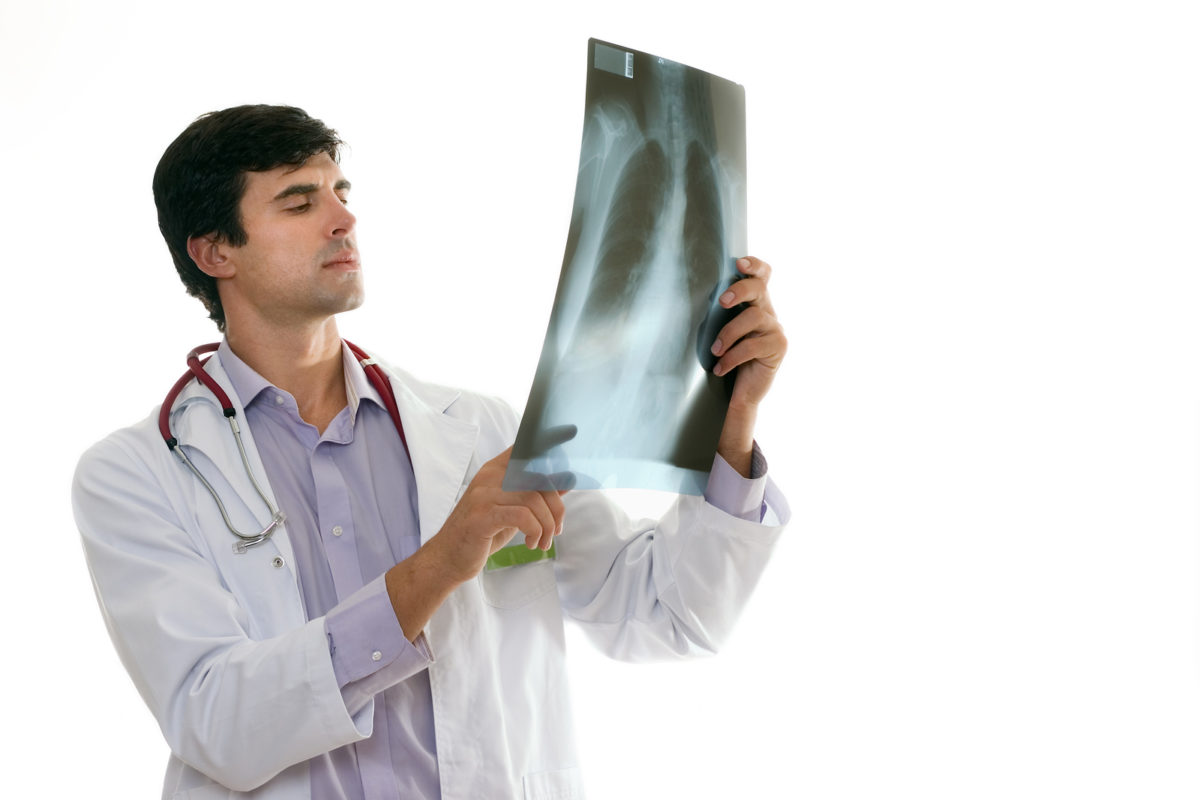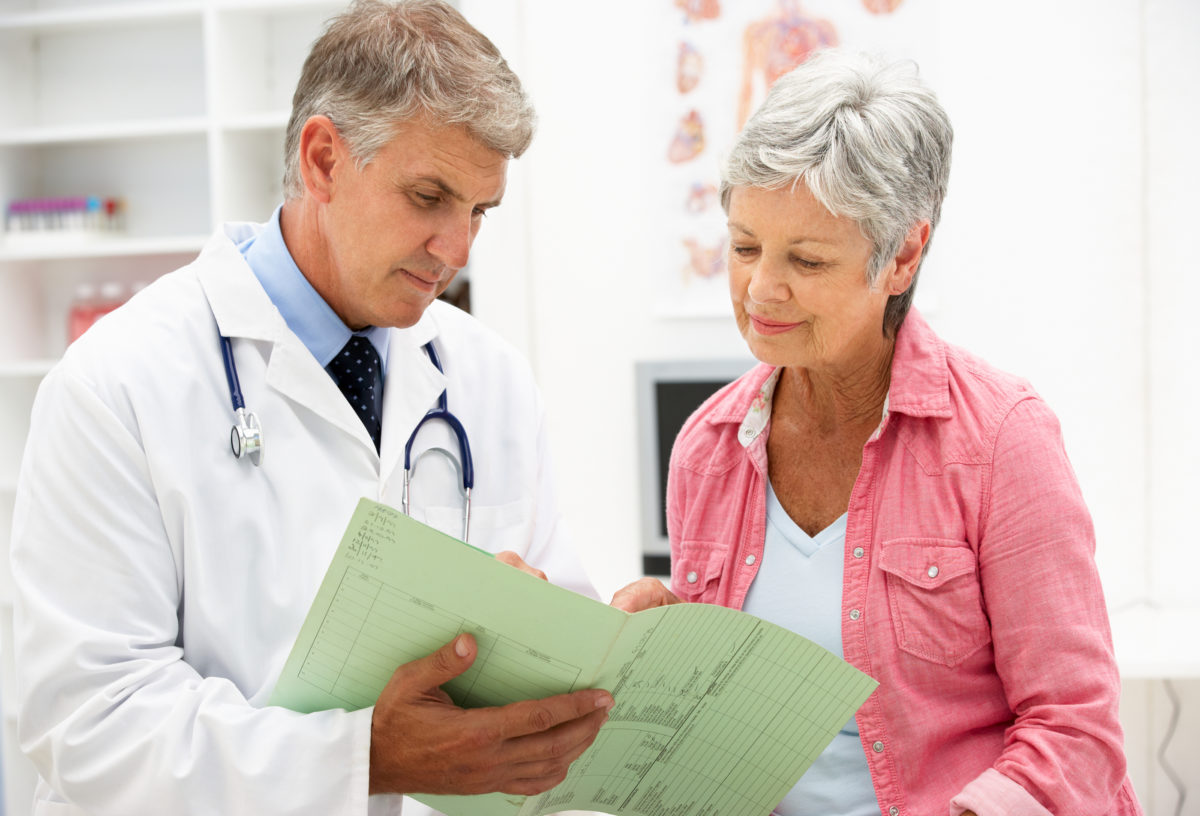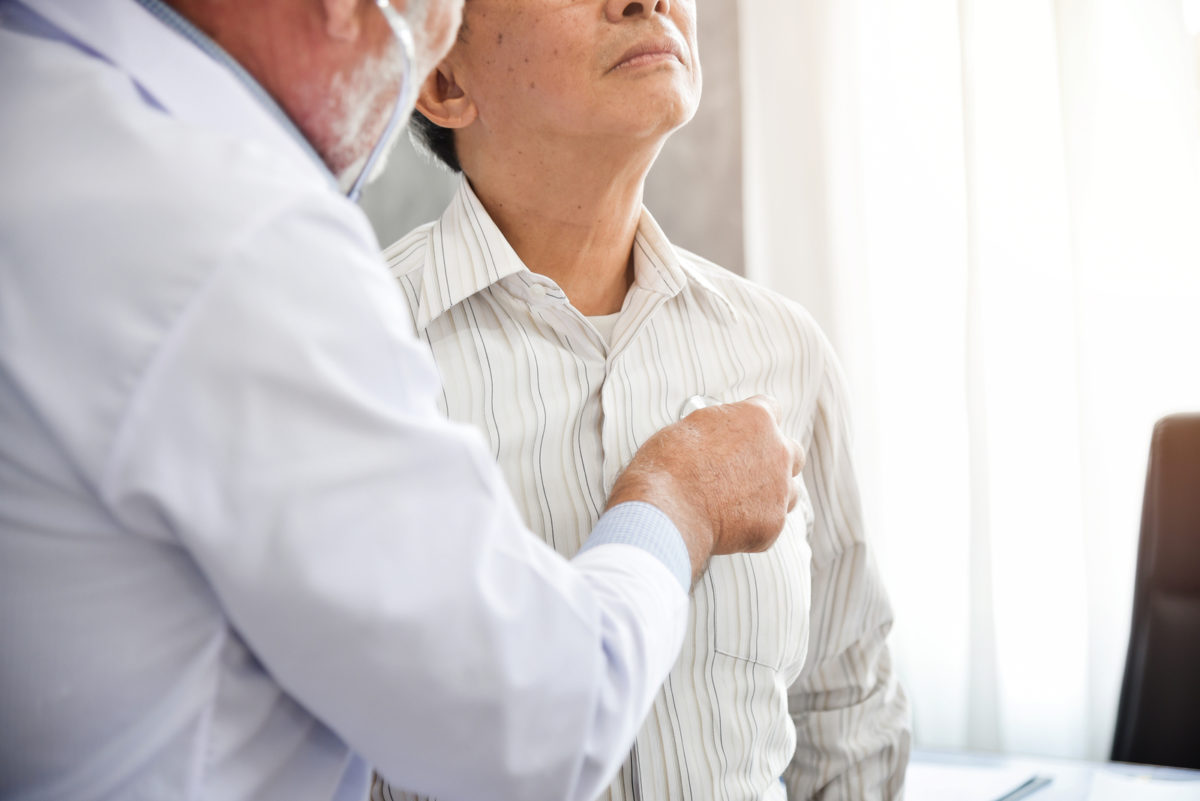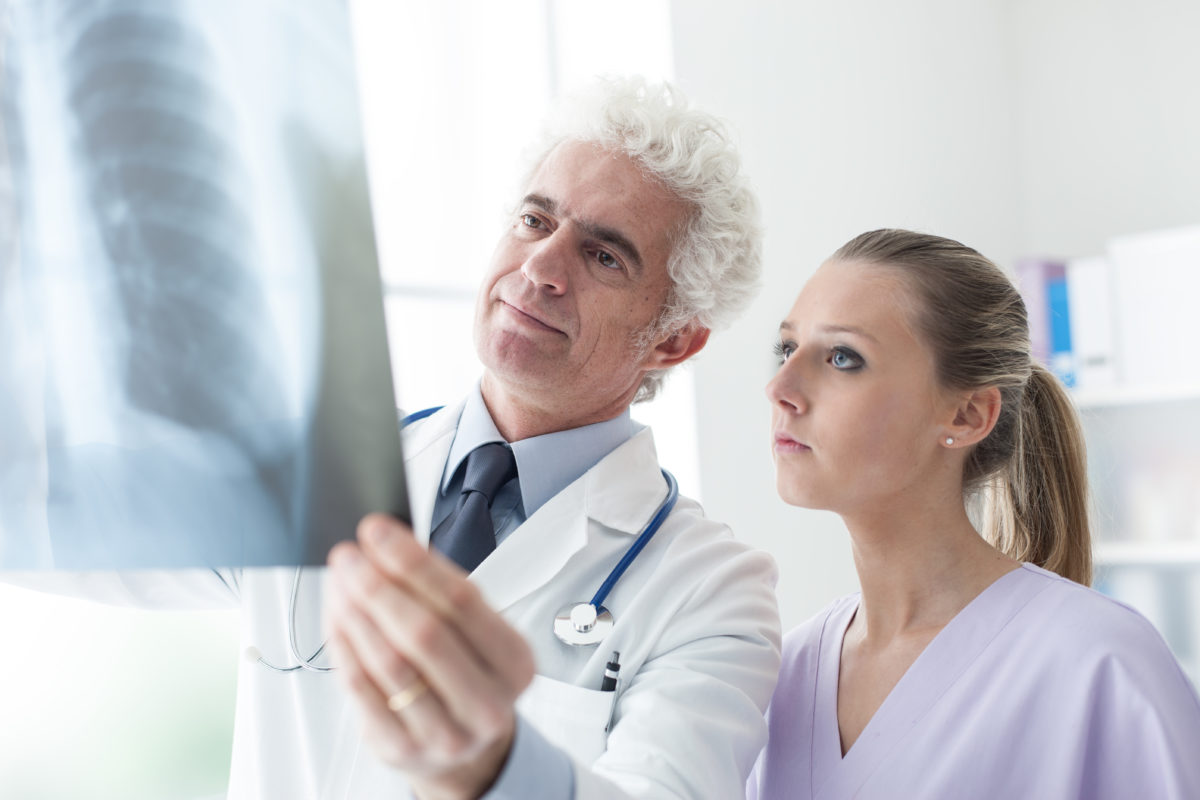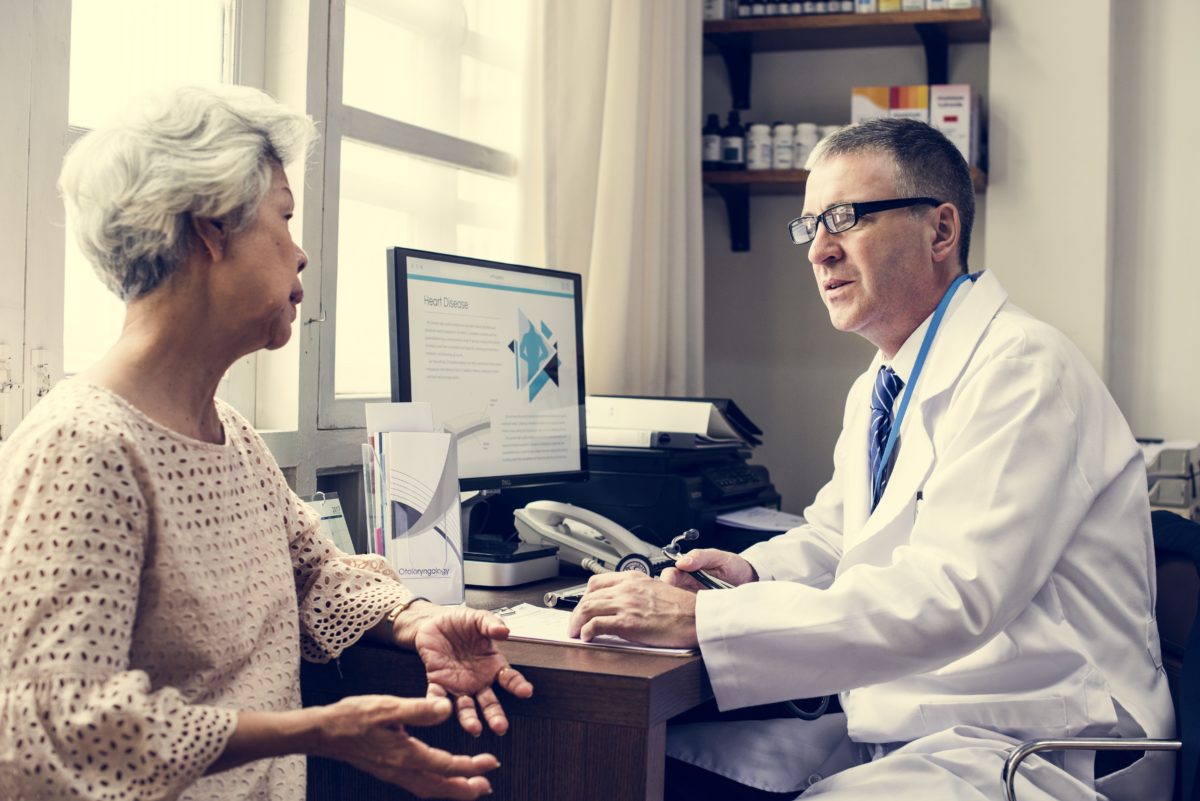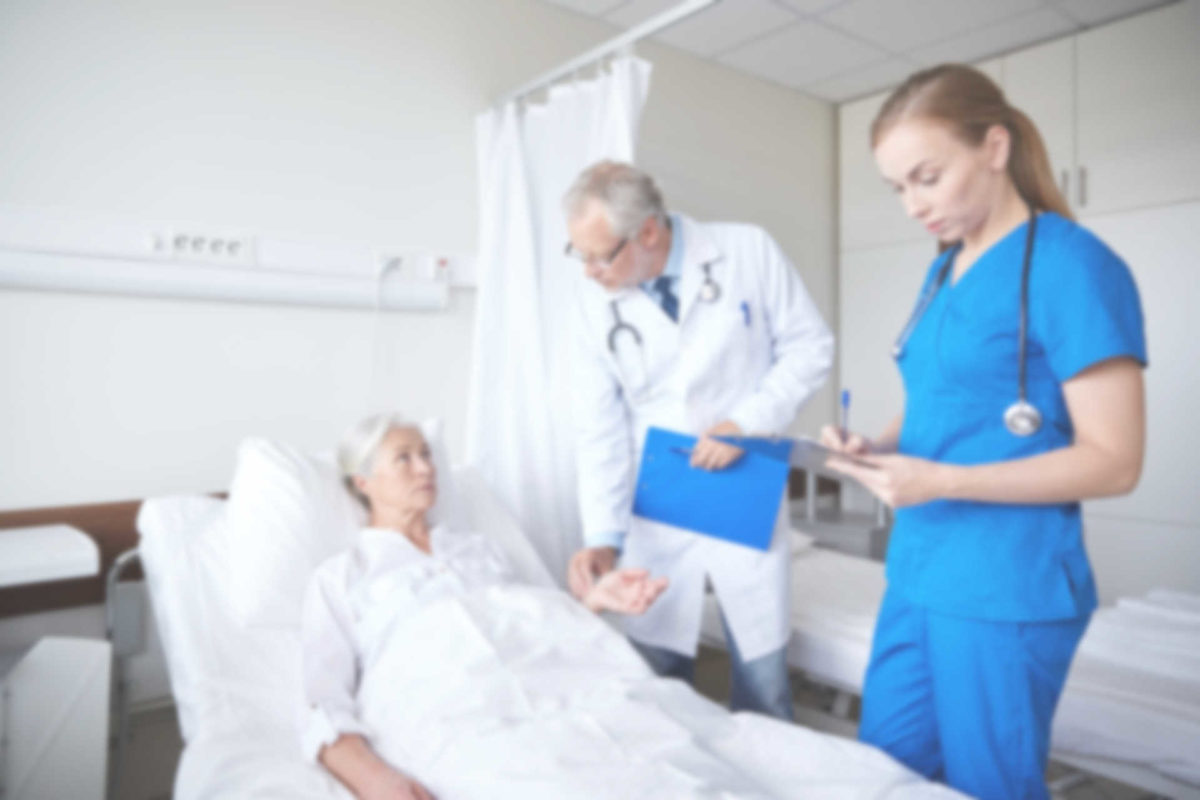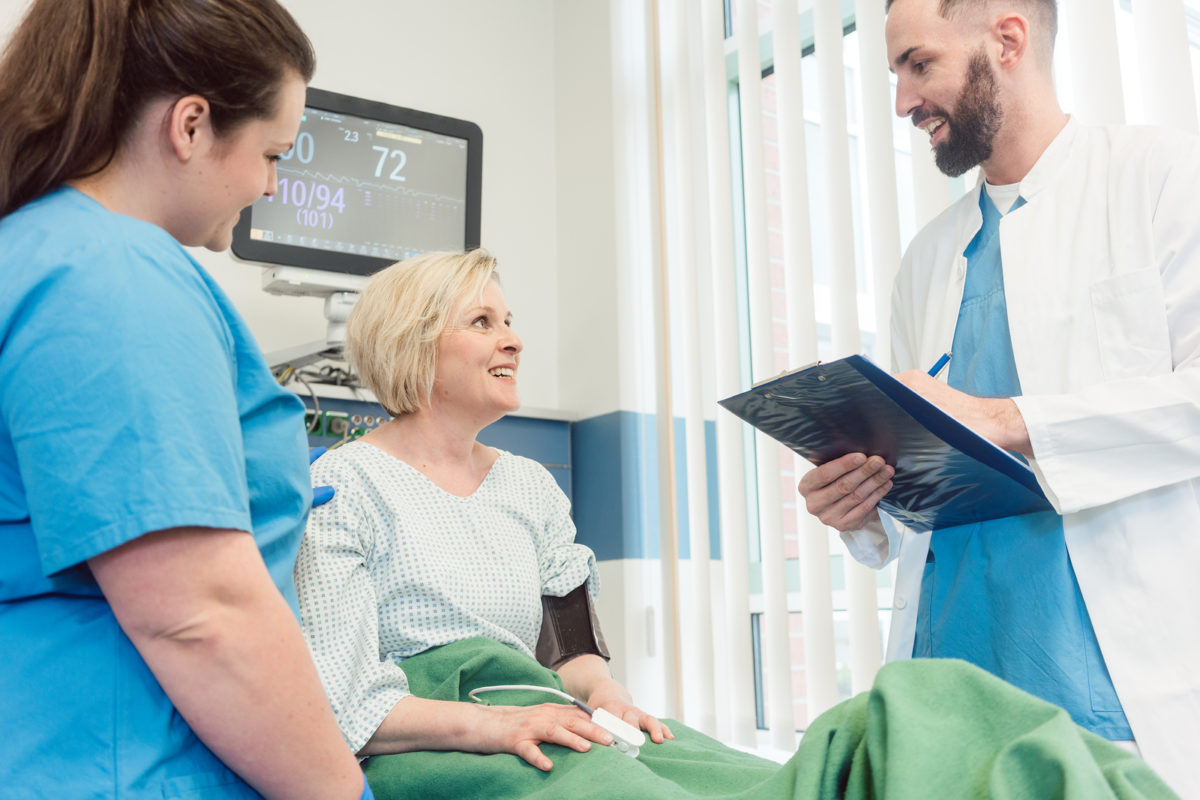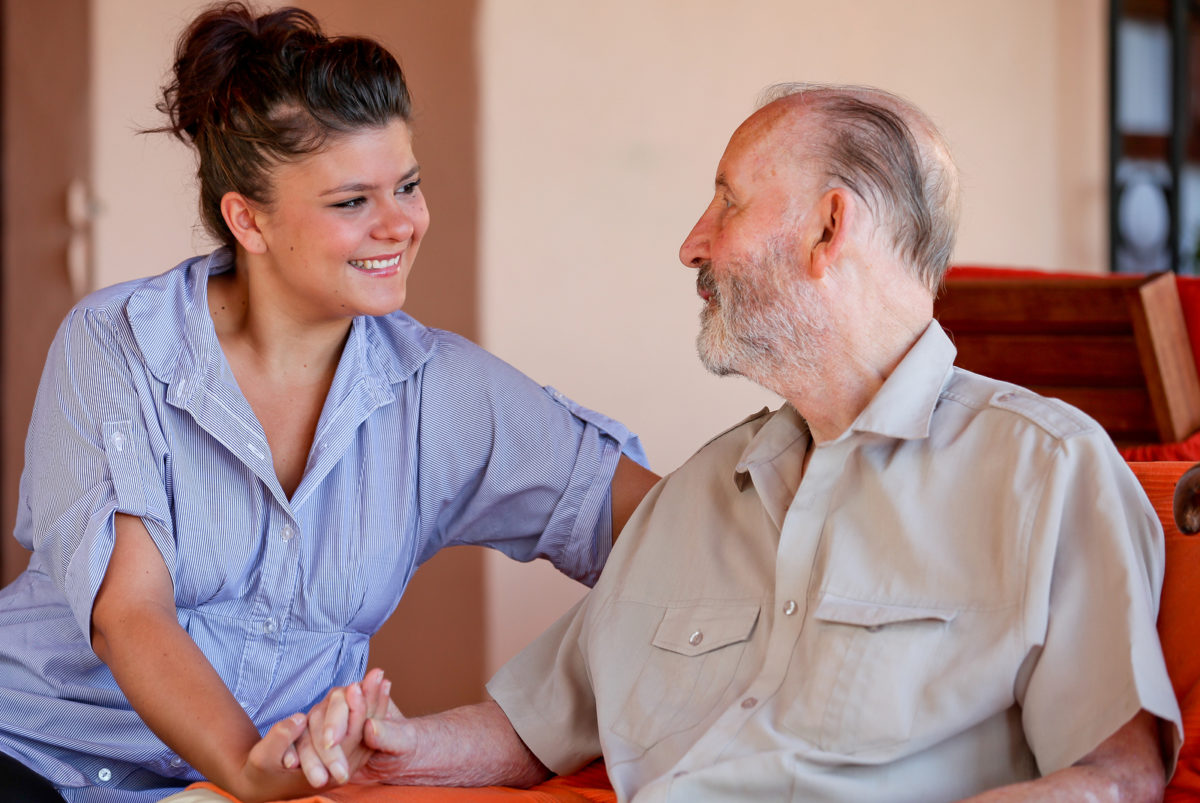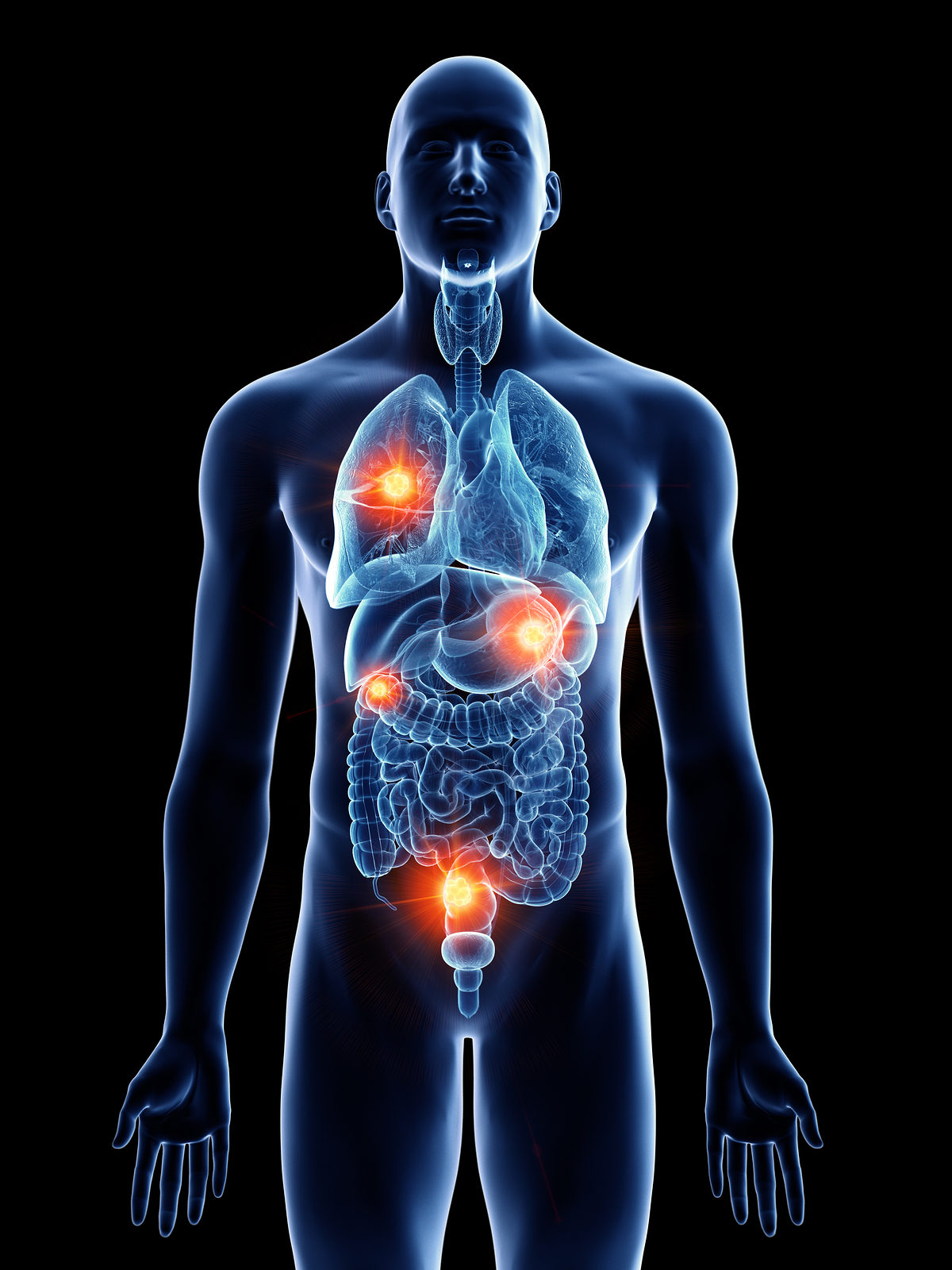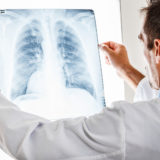Lung cancer is one of the leading causes of death for both men and women throughout the world. Over the decades, the number of lung cancer patients has increased, mainly due to smoking. Most people who get lung cancer (70 percent) are older than 65 years old, while less than 3 percent are under 43 years old.
Without treatment, lung cancer will continue to grow in the body. If a patient refuses treatment, the survival rate is about a few months after diagnosis. Survival rates are better when the cancer is caught early on – the five-year survival rate is about 15 percent, which is low. If found early and if it remains localized, the five-year survival rate is around 49 percent, but drops to 15 percent if the cancer has spread. If the cancer has spread aggressively, the survival rate is about 2 percent over five years.
If you are treated for lung cancer and are in remission (a period where there are no signs of cancer), you will need to regularly follow up with a doctor, because there is always a risk the cancer will come back. The risk of cancer returning is higher if the patient was a smoker and continues to smoke.
If the cancer comes back, most patients survive for only a few months after it returns.
Unfortunately, we still live in a time where the lung cancer prognosis isn’t great. It is our hope that with research and new technology we can prolong patients’ lives and get rid of lung cancer for good.
Schedule an Appointment for Robotic Lung Surgery in Tampa
If you have lung cancer, especially an early stage, get it taken care of right away. See if you are a suitable patient for minimally-invasive robotic surgery to have the cancer removed.
Dr. Peter Mikhail is a robotic lung specialist and surgeon who performs robotic lung surgery to treat lung cancer patients. He will examine you and determine if you are a good candidate for this surgery.
To learn more about robotic lung surgery, click Dr. Mikhail’s Tampa Robotic Lung Surgery page or call his office at 727-312-4844 to book an appointment or for more information. Dr. Mikhail has offices in Tampa and New Port Richey, Florida.

